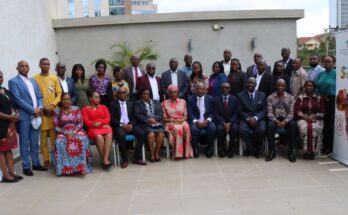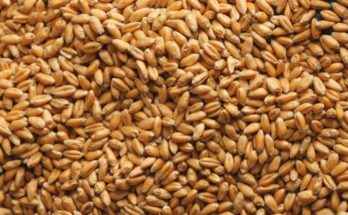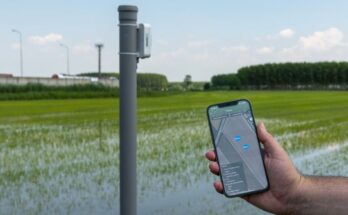BiofuelCircle, a digital marketplace for biomass and biofuels in India, has signed an MoU with Pune Knowledge Cluster (PKC) for innovating alternatives to agricultural residue-based bio-energy. The objective is to develop projects that provide industries with access to non-agricultural sources of biofuels as alternatives. This initiative will augment the current sources of biofuels and also help boost the rural economy, rejuvenate degraded land and be an important step towards energy independence of the country.
PKC is one of the six science & technology clusters established by the Office of the Principal Scientific Adviser to the Government of India under The City Knowledge and Innovation Cluster Initiative. Incepted in 2020, PKC works as an enabler and facilitator to create and nurture a collaborative S&T ecosystem involving various stakeholders including industry, academia, government, and citizens. PKC works across five focus areas including sustainability and environment, with a focus on knowledge and technology-based methods for sustainable increase of urban and peri-urban vegetation cover and augmenting water security.
You may also like to read: Agricultural waste to energy will drive additional income for farmers
The two organisations will together work towards setting up projects with a number of large industrial houses in India. These companies who currently procure their biofuels on the BiofuelCircle Platform will benefit from such projects as this will add new sources to the regular supply of agri residue-based biofuels (like briquettes and pellets) while also creating a bridge with the rural economy to cultivate the degraded land around agricultural land to cultivate non-food crops which will be suitable as the source of biofuels.
Tushar Lowalekar, founding member and CBO, BiofuelCircle said, “A lot of work is currently underway in creating opportunities for utilisation of agricultural residue. However, to augment the capacity, there also needs to be an effort to look at alternatives to agri residue as a source. With the projects planned with some of our key customers, we will create a sustained source of biofuels for them over the coming months. Apart from the increased supply of biofuels, the other objectives are the utilisation of degraded land and increasing the incomes of the people dependent on that land. All in all, it’s a win-win for both the industries and the people dependent on the lands and an important step towards the energy security of the country.”
You may also like to read: Omnivore closes third fund at $150 Mn in agri startups, expects to make 25-30 investments in next round
Dr Priya Nagaraj, CEO, Pune Knowledge Cluster, said, “Biofuels such as green hydrogen, bio-CNG and briquettes/pellets require biomass. Agri-residue is available during short periods of maybe 10 days i.e., between two successive crops. The competitive demands of biomass from various sectors cannot be fulfilled from the current availability of agri-residue. Furthermore, the time and technology to collect, process and transport the residue is limited and economically unviable. Accordingly, growing biomass on degraded lands would ensure a sustainable supply (both quality and quantity) of raw materials to the industry and significantly contribute to climate change mitigation – addressing both emissions and sequestration – and adaptation. We look forward to collaborating with BiofuelCircle to enable initiatives for sustainable biomass availability.”
BiofuelCircle’s digital platform offers an e-marketplace to the buyers and sellers of green fuels while also creating a sustainable supply chain involving a large number of farmers and farmer collectives. Service providers for farm equipment, rural and industrial transportation, warehousing, and other supply chain services are also the other participants on the platform. This facilitates the participants to conduct their business digitally end to end on the platform. The Pune Knowledge Cluster (PKC) aims to bring together academia, R&D institutions and the industry of Pune and its surrounding areas.





